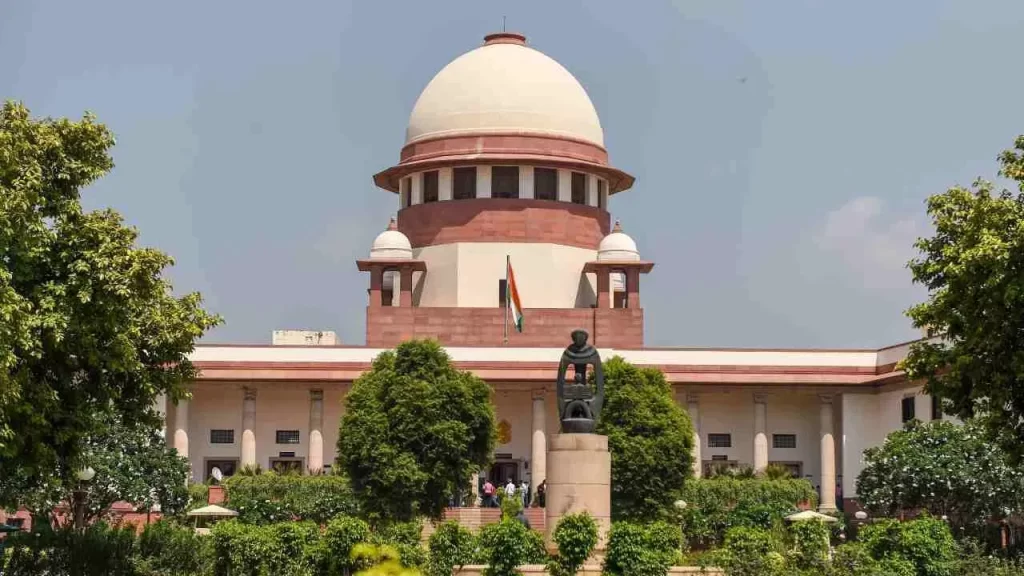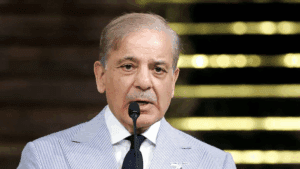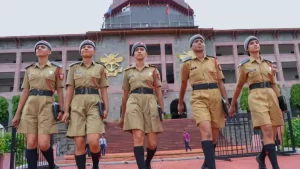On Thursday, February 20, the Supreme Court took suo motu action against a Lokpal decision asserting its jurisdiction over High Court judges. A bench comprising Justices BR Gavai, Surya Kant, and Abhay S Oka criticized Lokpal’s reasoning and stayed the order. The HC also issued notices to the Union Government, the Lokpal’s Registrar General, and the complainant. Additionally, the bench prohibited the complainant from revealing the judge’s name or the complaint’s details.
Also Read: Google Opens ‘Ananta,’ Its Largest India Office in Bengaluru
Lokpal’s Jurisdiction Challenged by Supreme Court Judges
Solicitor General of India Tushar Mehta argued that the Lokpal misinterpreted the law and that a High Court judge was never meant to fall under its jurisdiction.
Justices Gavai and Oka stated that after the Constitution came into effect, all HC judges became Constitutional authorities. They criticized the Lokpal for treating them as mere statutory functionaries.
Also Read: Have Lot Of Respect For India, But…
Senior Advocate Kapil Sibal also voiced his criticism of the Lokpal’s decision and urged the bench to stay it.
Briefly put, in the underlying order, passed on January 27, the Lokpal was deciding a complaint accusing a sitting High Court judge of influencing an Additional District Judge and another High Court judge to favor a private company in a suit.
The Lokpal, led by former Supreme Court judge Justice AM Khanwilkar, ruled that a High Court judge qualifies as a person in a body established by an Act of Parliament under Section 14(1)(f) of the Lokpal Act. The Lokpal reasoned that since Parliament created the High Court for a newly formed state, it falls within the scope of Section 14(1)(f).











More Stories
Pak PM: India Fired Brahmos Before Our Retaliation
देहरादून: सूर्यधार रोड पर भिड़ीं गाड़ियां, शख्स को कुचलने की कोशिश; 9 गिरफ्तार
17 Women Cadets Join NDA Parade First Time